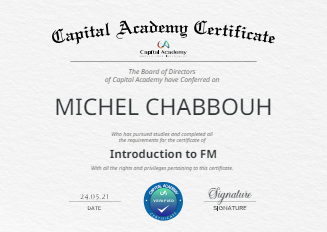Advance Your Career With Ongoing Education and Certifications
| Course Name | CPD Credit | Field of Study | Level |
|---|---|---|---|
| Course 1 | 10 | Science | Beginner |
| Course 2 | 15 | Math | Intermediate |
| Course 3 | 20 | History | Advanced |

What does this mean for me?
Structured
I have attended a:
- Company briefing/update/ team meeting with an explicit briefing remit
- Exam training course
- Conference or CPD event
- Seminar Training course
- Workshop Professional forum
I have developed others by:
- Chairing or presenting at a profession-relevant event
- Member of professional-sector-related board, panel or committeeConference or CPD event
- Developing and assessing exam questions
- Syllabus exam panel
- Training or briefing staff and colleagues on profession-relevant topics
- Writing professional articles, workbooks and journals
- Contributing towards learning materialsI have watched or listened
I have developed others by:
- Verifiable webcast
I have undertaken:
- Exams
- Verifiable eLearning
- Exam revision material
- Studying material
I have read:
- Quality educational material with specific learning outcome
Unstructured
I have attended a:
Informal coaching and mentoring staff on profession relevant topics
I have developed others by:
- Informal meeting with no predetermined learning purpose
I have watched or listened to:
- Television programmes on relevant topics
- Unverifiable podcasts
- Unverifiable webcasts
- Unverifiable live webstreams
I have watched or listened to:
- Research
I have read
- Financial Times
- Trade magazines
- Online news services
- Professional journals



